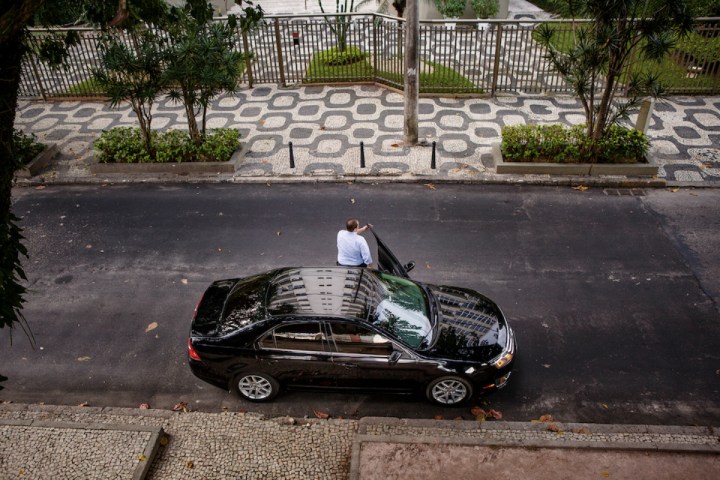
The settlement was initially filed in federal court on Monday, and still awaits approval from U.S. District Judge Nicholas Garaufis, who is presiding over the case. But even as drivers and their lawyers await final approval, the decision marks a victory in what has become a multiyear ordeal (the complaint was originally filed in December 2015).
“The $3 million settlement provides long-overdue compensation to the approximately 2,400 New York drivers that opted out of the arbitration provision in the Uber driver agreement,” said Philip Hines of Held & Hines LLP, the law firm representing the drivers. “The overwhelming majority of New York drivers were not able to successfully opt out of arbitration, and so we are pursuing these same claims on behalf of these clients at arbitration proceedings.”
In addition to having their wages excessively docked, the drivers also claim that Uber is guilty of “false advertising.” As per court filings, Uber suggested in both bus and billboard ads that drivers would make “$5,000 guaranteed” within a month of starting at Uber. Drivers, however, claimed this was patently false, and said that this claim required contract workers to “unlawfully … assume costs associated with the tools of their trade.”
Uber, for its part, has denied charges of wrongdoing, and did not respond to requests for comment.
After initially admitting that it had kept wages from drivers for years, however, the company noted in 2017: “We are working hard to regain driver trust, and that means being transparent, sticking to our word, and making the Uber experience better from end to end.” This settlement may help in making good on that promise.
Editors' Recommendations
- Uber offers new feature for environmentally conscious riders
- James Webb is ready to settle into its new home: Lagrange Point L2
- GM unveils more advanced version of its Super Cruise driver-assist system
- Uber sells its flying-taxi business to another flying-taxi business
- Uber gives up on developing its own self-driving car


